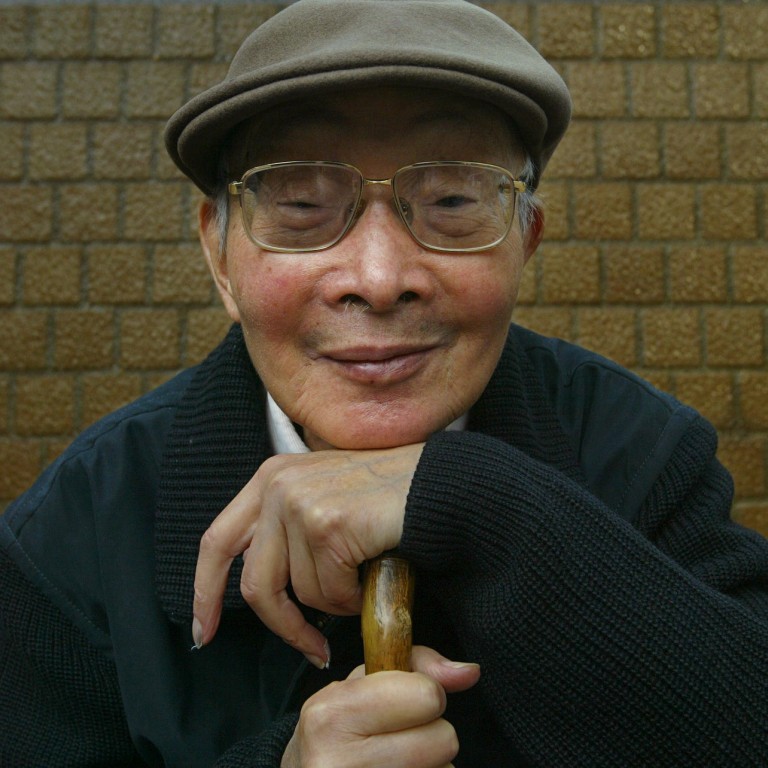
Leftist publisher Chak Nuen-fai dies, aged 93
Chak Nuen-fai was a leftist publisher who, in later life, realised being patriotic did not mean blind support of the Communist Party
When Chak Nuen-fai co-founded a printing company in the early 1960s, he did not imagine he would make history in Hong Kong - becoming one of the first people jailed in the city for breaching the now-defunct sedition law.
He was hailed as a patriot after being sentenced to three years in jail during the 1967 riots for printing "seditious articles".
But Chak, who once worshipped Mao Zedong and the Communist Party, became a critic of the mainland authorities in the past decade. He rejected the idea that those calling for democratisation across the border were unpatriotic.
During the leftist riots, Chak, then a general manager of the now-defunct Nan Cheung Printing Company, was jailed in September 1967 for printing the pro-Beijing , and , which carried seditious articles.
Four others, including Wu Tai-chow, former president of the , were also jailed. They were the first people imprisoned in Hong Kong for breaching the ordinance.
Wu's articles called on residents to take part in strikes and urged ethnic Chinese police officers to "turn their guns" on the colonial government.
But Chak, who died of heart disease on January 9, aged 93, once said he was by no means a core member of the leftist camp and was accidentally involved in the political unrest.
He said he had never taken part in any protests against the colonial government, or written any articles criticising the authorities during the 1967 riots.
Chak's views were different from those of other local leftists in recent years. Though he has been a local delegate to the Chinese People's Political Consultative Conference since 1983, he had not attended its meetings in Beijing since the 1989 Tiananmen Square crackdown, as he disagreed with the mainland authorities' suppression of the pro-democracy movement.
Chak, once publisher of the pro-Beijing magazine , was also opposed to the national security legislation in 2003 for implementing Article 23 of the Basic Law, saying it would undermine press freedom.
During a patriotism debate initiated by state-run media, Chak said some pro-Beijing figures had mixed up the concepts of country, party and government in the debate.
"A person who loves our country does not have to love the Chinese government, let alone the ruling Chinese Communist Party," he told the at the time.
A long-time friend of late democracy stalwart activist Szeto Wah, Chak rejected the idea that those calling for democratisation on the mainland were unpatriotic. "What's wrong with people calling for democratisation in China, or even appealing for an end to the one-party dictatorship on the mainland?" he asked.
In December 2005, he found energy to join a march calling for universal suffrage. It takes five minutes for a young person to walk from Pacific Place in Admiralty to the HSBC headquarters in Central, but Chak took 25 minutes on the 650-metre journey. It was his first and only march.
His daughter, Solina Sze, said: "My father was an upstanding person of conviction and integrity, an intellect with great compassion fully devoted to the betterment of the Chinese people and the motherland.
"My father was a learned person with an open mind, forever curious of the world at large, of social changes afar and at proximity; he was consistently outspoken against social ills."
Chak's funeral will be held at the Hong Kong Funeral Home in North Point next Friday.

